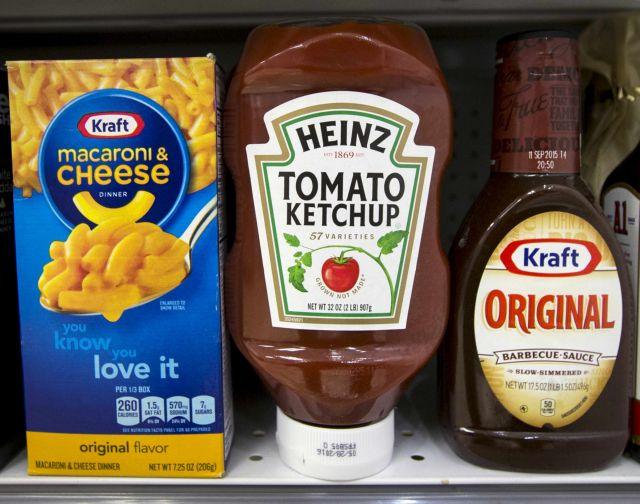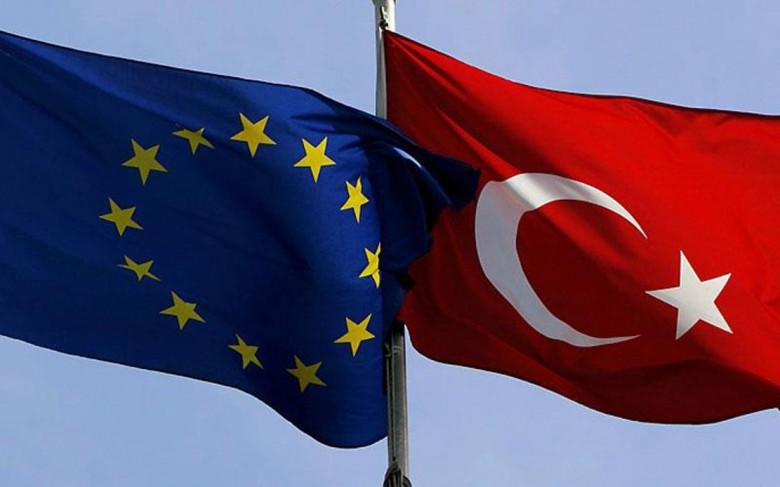Over the past few days, shipping companies have diverted approximately $30 billion worth of cargo from the Red Sea, choosing alternate maritime routes to avoid potential attacks by Houthi forces. This action follows the strikes inflicted by Yemeni fighters since the start of the Israel-Hamas conflict in October.
According to a leading Middle East region analyst at Ambrey, companies continue to advise their clients to adhere to Best Management Practices by thoroughly monitoring their current and past fleet operations, assessing the Ship Transit Risk, preparing crews for emergencies, and implementing other security measures.
Presently, 57 container ships are navigating the major sea route around Africa instead of traversing the Red Sea and Suez Canal, reported Paolo Montrone, Senior Vice President and Global Head of Ocean Freight at Kuehne+Nagel.
The approximate value of these containers is estimated at $50,000 each, as stated by Antonella Teodoro, a senior advisor at MDS Transmodal. This equates to a total cargo diversion worth $35 billion.
Carriers could potentially schedule additional vessels, given that fleet capacity has increased by over 20% in the last 12 months, according to Antonella Teodoro.
Despite these adjustments, further adaptations to networks beyond diversions might demand time and will not come without costs, emphasized the MDS Transmodal advisor.
For Europe, Maersk, among the companies diverting from the Red Sea, expects delays lasting from two to four weeks. Vincent Clerc, its Managing Director, explained that Europe relies more on the Suez Canal, intensifying delays in the region.
In the United States, there are various transportation options from Asia to the West Coast ports, either via the Panama Canal to the Gulf and East Coast ports or through the Suez Canal to the East Coast. Delays of 10-15 days are also anticipated at the East Coast.
Source: tovima.com















![Airbnb: Πρόταση για σύσταση ταμείου για τη στεγαστική κρίση [πίνακας]](https://www.ot.gr/wp-content/uploads/2025/11/airbnb.jpg)




















